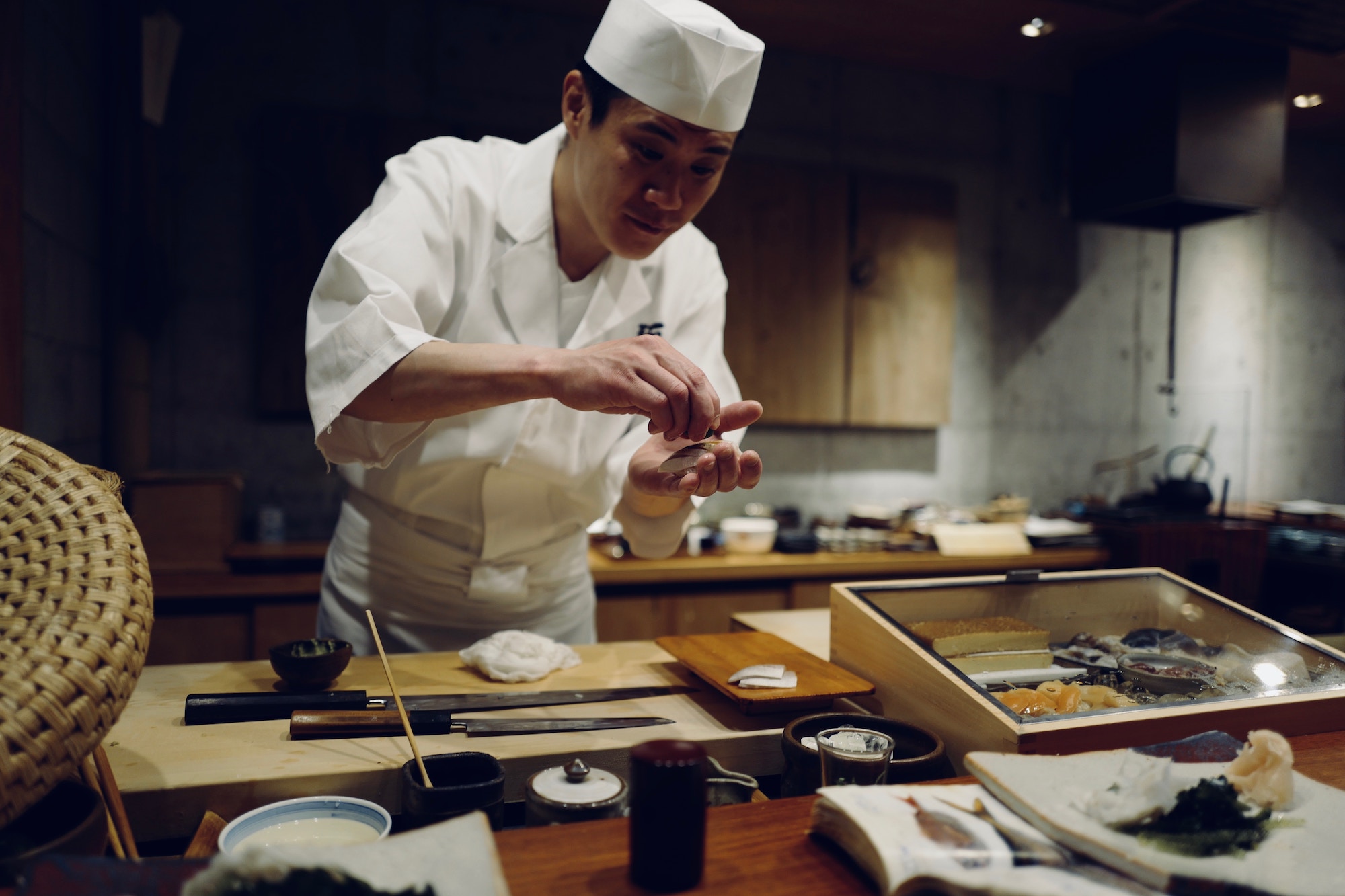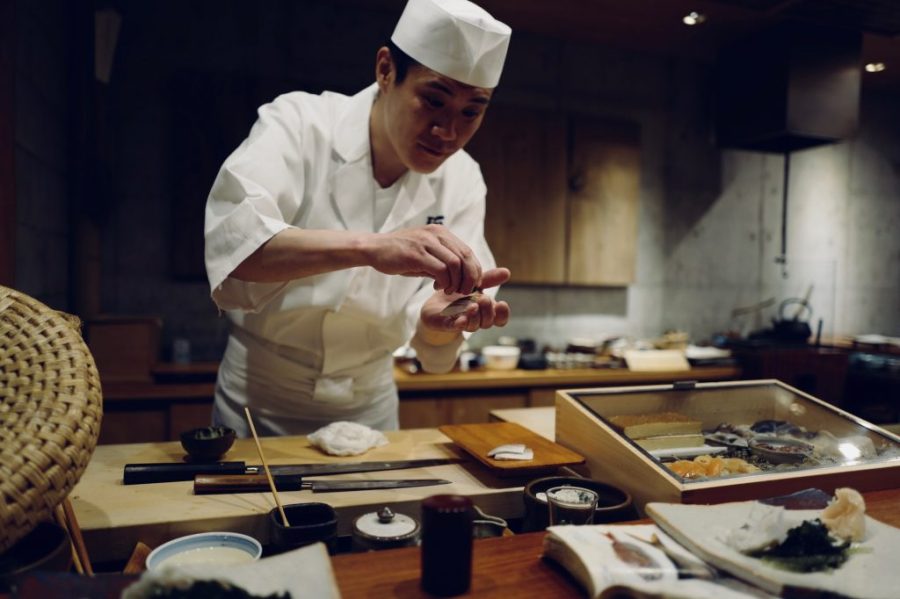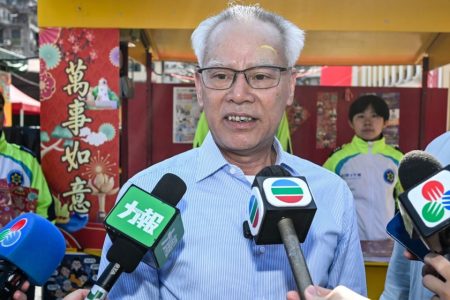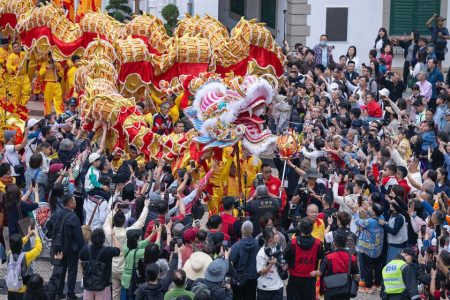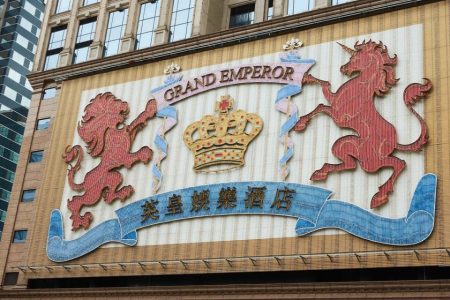Macao will ban imports of live and fresh food from ten Japanese prefectures, including the Tokyo metropolitan area, starting tomorrow, the government announced on Tuesday.
The public health safety measure is in response to Japan’s decision to begin gradually discharging more than a million tonnes of treated water from the damaged Fukushima nuclear plant into the ocean, the government said in a statement.
It slammed Tokyo’s plan to release the water – which has been used to cool the plant’s radioactive fuel – as “extremely irresponsible.” It also claimed Japan was acting “without ample consultation with its neighbouring countries.”
While mainland China and Hong Kong have also harshly condemned Japan’s plan, the Japanese government and the International Atomic Energy Agency maintain that the Fukushima water is safe.
According to them, the level of radiation still in the water is of such a low concentration that any impact on human health or the environment would be negligible.
Critics question whether anyone really can know what damage dumping Fukushima’s water into the sea could have over time, and accuse both Tokyo Electric Power – the stricken power plant’s former operator – and Japan’s government of being less than transparent around their handling of the situation.
[See more: Covid-19 tainted milk cargo from Hong Kong destroyed]
Opponents also lament how boycotts by the likes of China will hurt Japanese fishermen and other food producers’ livelihoods.
As of Thursday, Macao businesses will be unable to import a wide range of fresh and live food products including anything of animal origin (such as fish, dairy, meat, and eggs), sea salt and seaweed, vegetables or fruit from prefectures deemed of high contamination risk.
These ten prefectures are: Tokyo Metropolis, Fukushima, Chiba, Tochigi, Ibaraki, Gunma, Miyagi, Niigata, Nagano and Saitama.
The government’s statement did not mention frozen or dried products.
The Fukushima Daiichi nuclear plant suffered irreparable damage during a magnitude 9.0 earthquake in 2011, then a subsequent tsunami. Since then, water continues to be used to cool melted radioactive fuel that is still too hot to remove.
That water, which becomes dangerously radioactive in the process, is treated to be made less hazardous as it accumulates. Now, Japan’s government says it’s time to begin releasing the treated water into the ocean, over a period of several decades.
